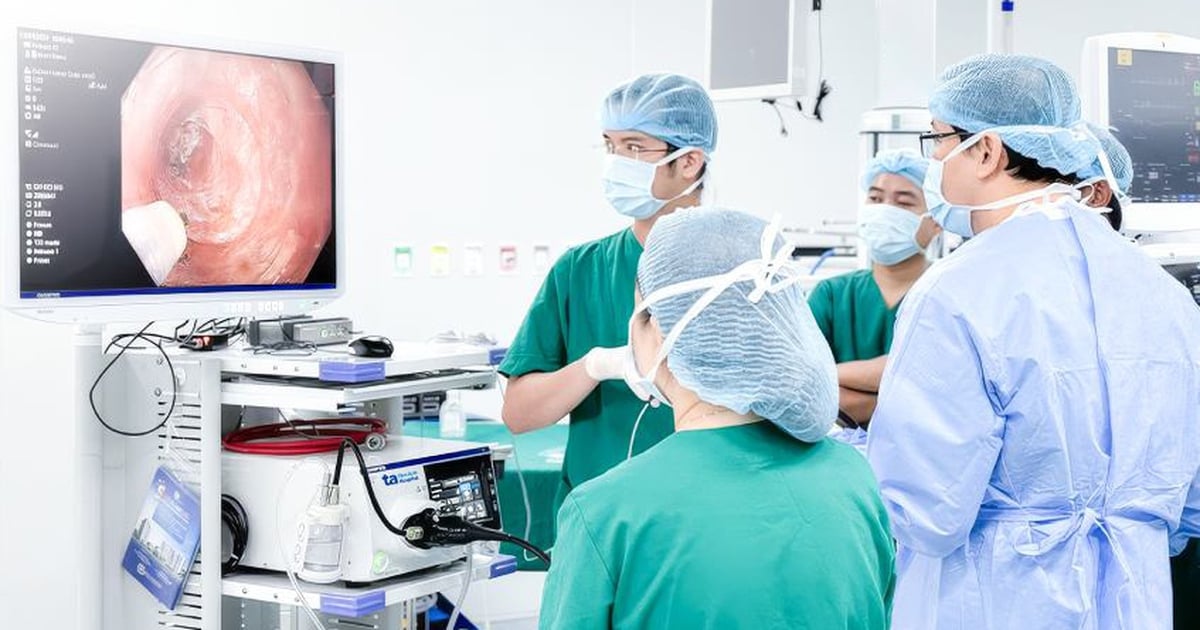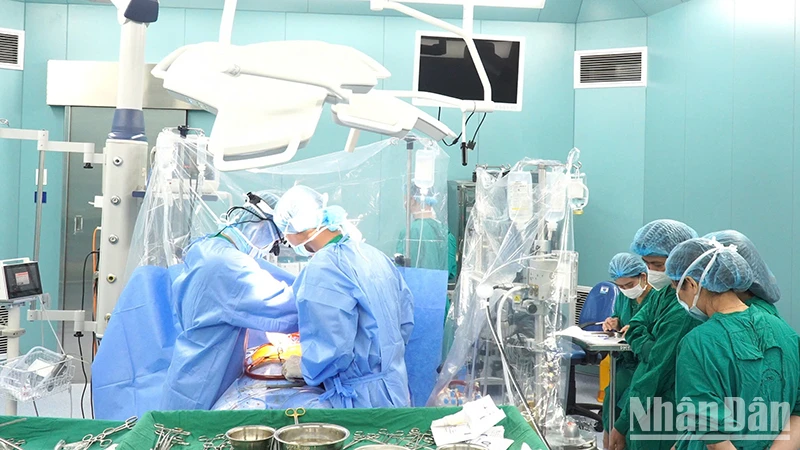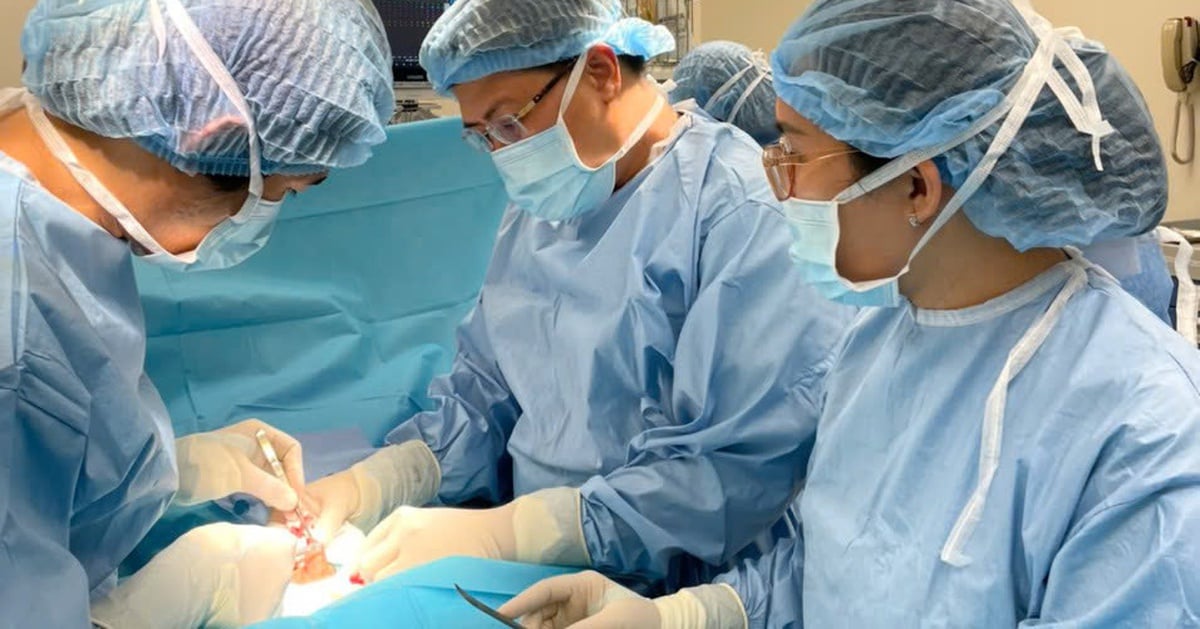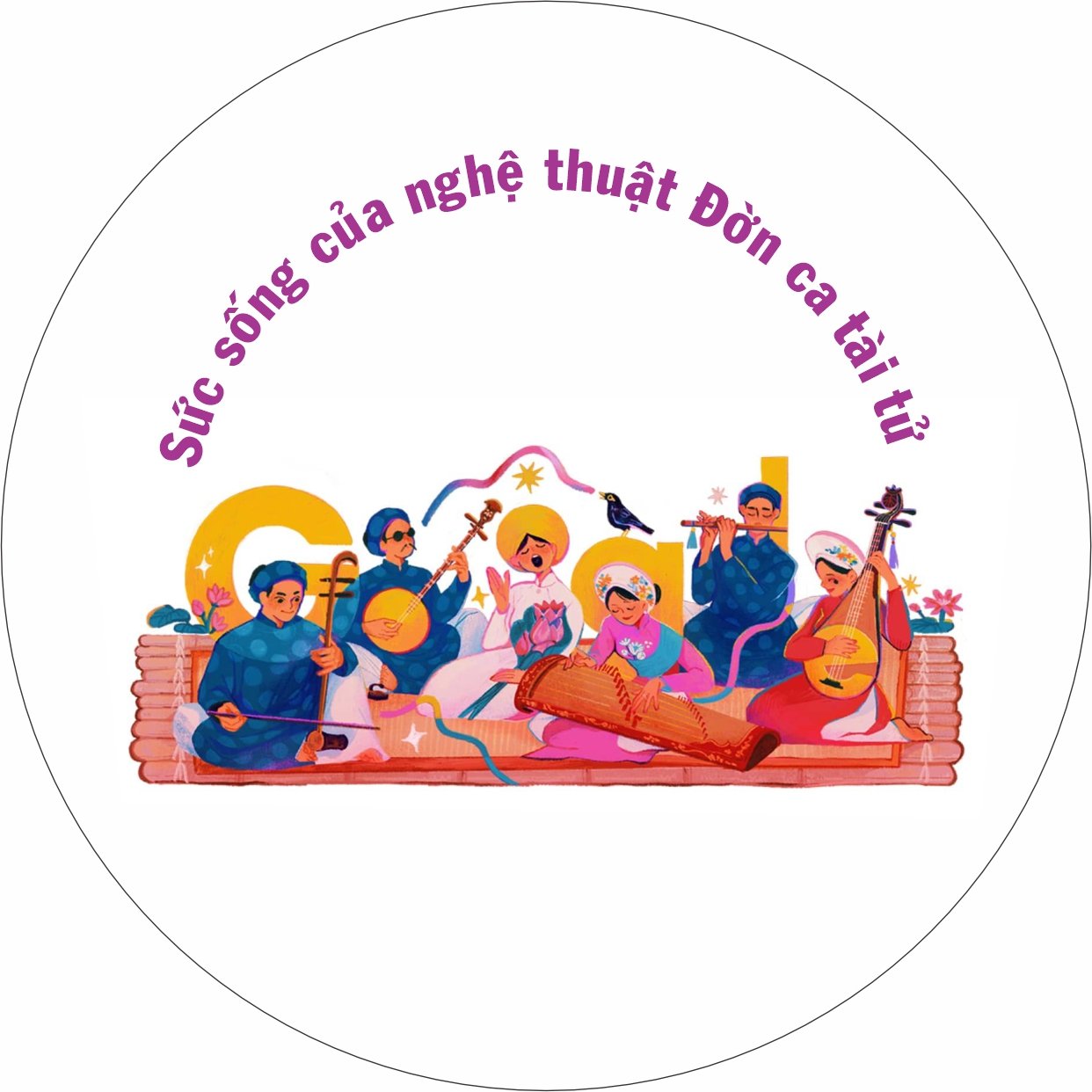Antibiotics are widely used to treat infections ranging from pneumonia, sore throats to meningitis. However, patients need to use them properly and only when absolutely necessary to avoid unwanted consequences, such as drug resistance.
Antibiotics work by killing bacteria or inhibiting their growth, helping the body recover from an infection. However, antibiotics are not effective against viral infections such as colds and flu, according to the health website Medical News Today (UK).

For antibiotics to be most effective, patients need to take the medicine according to the doctor's instructions.
Questions that patients should ask their doctor before taking antibiotics include:
Is it really necessary to take antibiotics?
Experts say patients should understand why they are being prescribed antibiotics. Antibiotics are increasingly used around the world. An annual report from the US Centers for Disease Control and Prevention (CDC) found that at least 28% of antibiotic prescriptions are unnecessary.
Therefore, patients need to discuss with their doctor whether they really need to take antibiotics or not. In fact, diseases caused by viruses require antiviral drugs instead of antibiotics. Common diseases caused by viruses are colds, flu, sinusitis, bronchitis.
Time interval between doses?
Antibiotics work best when taken regularly, at regular intervals between doses. This helps to ensure that the level of the medicine in your blood is consistent and stable.
Therefore, patients need to ask specifically how long the interval between two doses is and follow the doctor's instructions. Depending on the type of drug, this interval can be 12 hours, 8 hours or less.
Do I need to take medicine with meals?
Taking medication with food can affect how the medication is absorbed by the body. Some medications need to be taken with food because this helps prevent nausea, which is a side effect of the medication irritating the stomach. Meanwhile, some medications need to be taken on an empty stomach because food can prevent the medication from being absorbed into the bloodstream.
What foods should be avoided?
Food interactions can occur between antibiotics and foods. For example, milk and dairy products such as cheese and yogurt contain calcium. Calcium can bind to certain antibiotics, including tetracycline, norfloxacin, ciprofloxacin, and levofloxacin. This binding reduces the absorption of the drug. Therefore, patients should take these antibiotics at least 2 hours before and after drinking milk or eating dairy products, according to Medical News Today .
Source: https://thanhnien.vn/4-cau-hoi-nguoi-benh-can-hoi-bac-si-truoc-khi-dung-khang-sinh-185250122154958739.htm






























































































Comment (0)